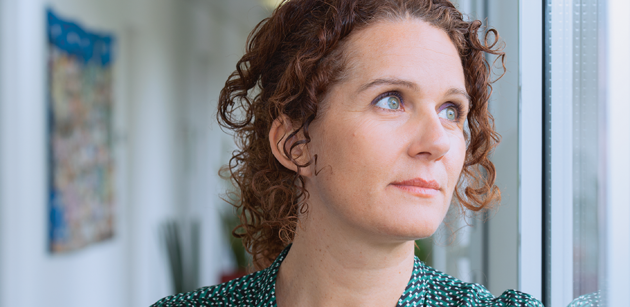Anne-Emmanuelle Ambresin* emphasises the importance of training all primary care physicians in adolescent care.

Adolescents are no longer children but are not yet adults. They deserve care, communication and treatment adapted to their age. Medical professionals need to learn more about these issues.
aea Young adolescents
take more time than patients
coming in for adult consultation.
The issue of confidentiality and
forms of address, formal versus
informal, should always be dis-
cussed with a teen.
Their physical and mental prob- lems often require a multidisciplinary approach, with health care providers for different degrees of treatment who must be able to work as a team. All the doctors should understand how to deal with adolescents so that they will open up and develop ties with the medical staff.
aea On the initiative of Professor Pierre-André Michaud, a pioneer in adolescent health in Lausanne, we have introduced more than 16 hours of classes on adolescent care in the university medical school programme at Lausanne. We also offer an optional three- day training course for interested primary care physicians (gen- eral practitioners, paediatricians, gynaecologists). They will all end up treating an adolescent at some point in their career. And they are the first filter who can identify a young individual who needs help.
aea Health care providers are most often relieved when they finish these classes! I think that adolescents suffer from terrible prejudice, and doctors are often afraid of seeing them at their office. They say they’re not ready and can’t get adolescents to talk. The point of the training is to let health care professionals experiment with how they should be-have with an adolescent. Teenagers just want to be listened to by someone they trust and respect, who is competent in their field and knows how to talk to them. Medical professionals learn how to ask simple but key questions to spot an adolescent in difficulty and be able to meet their needs. Or in more complex cases, refer them to a centre like DISA, where they can benefit from an interdisciplinary approach.
*Anne-Emmanuelle Ambresin is chief physician at the interdisciplinary division for adolescent health (disa) at chuv.